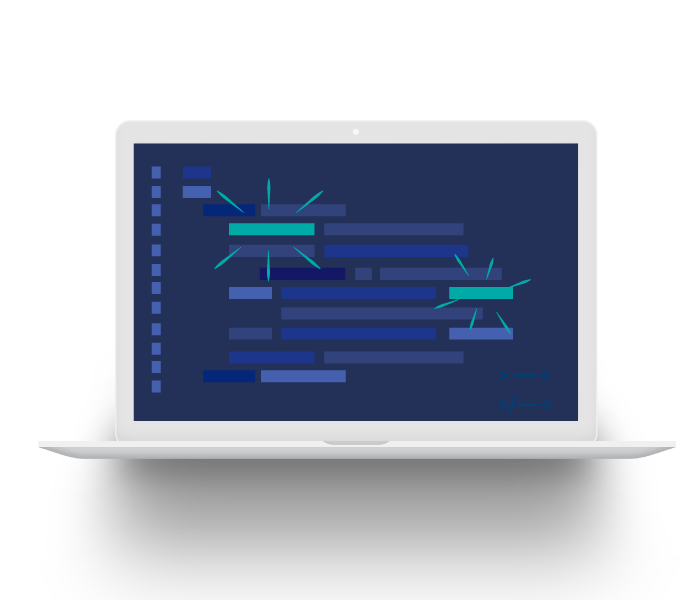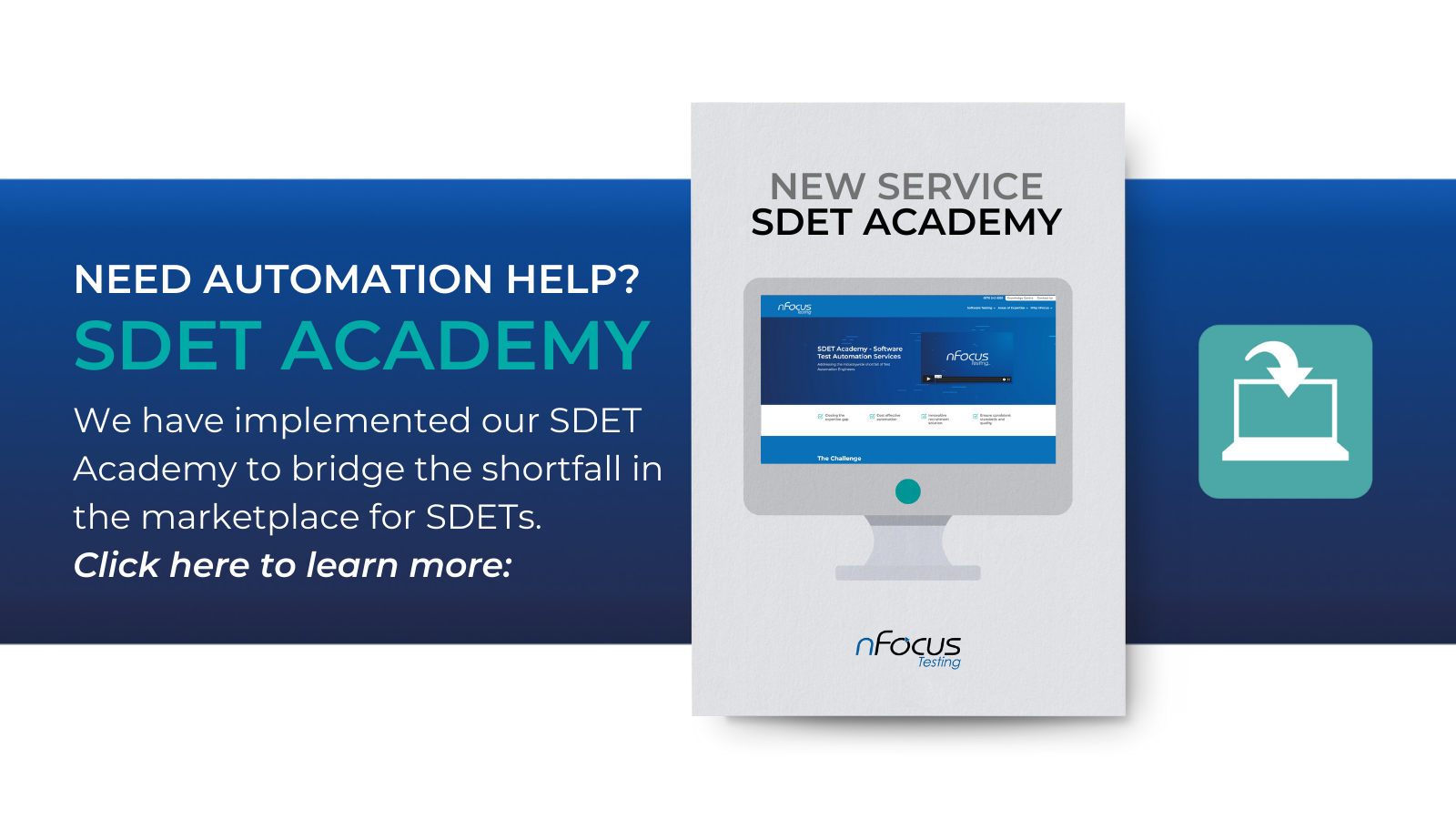Embracing Challenges: Reflections on Growth
Join me on a journey as I traverse the intricate landscapes of software testing, grappling with self-doubt, yet emerging with newfound confidence and wisdom. This is the story of a fledgling SDET navigating uncharted territories, grappling with imposter syndrome, and ultimately finding her voice in a world of uncertainty.

A Humble Beginning: Embracing the Unknown
Stepping into my new role of a Junior SDET, I found myself adrift in a sea of unfamiliar terms and concepts. Imposter syndrome loomed like a shadow, whispering doubts in my ear. Having completed the Academy training, I embarked on my testing journey for a university's ERP system migration. The project, aimed at migrating their ERP system from the university's infrastructure to a cloud-based platform, presented a dynamic environment fraught with challenges.
My involvement primarily revolved around manual test management and working with the university's IT test team and business users who conducted manual testing. Whilst the university is implementing Azure DevOps, this project hadn't yet been moved over. This meant communication of results via emails. Without a dedicated testing tool, my Test Manager and I implemented a temporary process using MS Teams channels, MS Forms, and Power Automate. This streamlined communication, laying the groundwork for a more efficient testing setup.
From Doubt to Discovery: Embracing the Power of Questions
As days turned into weeks, I found solace in seeking guidance from my Test Manager, albeit with some mild trepidation. What began as lots of questioning soon revealed itself as a beacon of enlightenment. To my surprise, the questions I posed mirrored those of my seasoned mentor, igniting a spark of confidence within me. With each query answered, I found myself inching closer to understanding, shedding the cloak of self-doubt in favour of newfound clarity, and leaned into my new mantra "you don't ask, you don't understand."
Mentorship: A Beacon in the Storm
In my Test Manager, I found not only a mentor but a guiding light. With her unwavering support, I learned to trust in my instincts and embrace the journey of discovery. No longer shackled by fear, I found the courage to speak up in meetings, offering insights and suggestions born from newfound confidence and understanding.
So, hey experienced folks, your support means the world to us newbies! Your wisdom and advice can really make a difference in how we tackle challenges and grow in this field. So, don't hesitate to share your experiences and offer a helping hand. Your mentorship helps shape the future leaders of our industry, and we're grateful for your guidance!
From Idea to Implementation: Nurturing Innovation
After finishing the cloud migration and testing phase, recognising the importance of our testing know-how and knowing that what we did could help in similar situations down the road, I created documentation to ensure that our methodologies and insights would be accessible for future testing efforts.
While the makeshift solutions like MS Forms, Power Automate, and Excel were ingenious and made a huge difference during our crucial digital transformation testing cycle, we recognised how important it was for the university to continue their adoption of DevOps.
We did however use DevOps for bug and issue management during that testing phase, but there will be much more value when it is adopted for managing all testing. Despite not having a lot of experience with DevOps, I found it intuitive and recognised its potential to streamline our testing processes. Bringing this idea to my Manager, we discussed its feasibility and potential benefits. With her support, we presented the proposal to the business and IT teams in a collaborative meeting.
A Journey of Growth: Finding My Voice
During the meeting, the topic of test automation arose. The university expressed the need for more test cases to be automated, particularly those deemed crucial for the project's success. It was at this moment that I felt a surge of confidence, a whisper of possibility in the air. Seizing the moment, I offered myself up for automation testing, recognising it as a chance to gain valuable experience and contribute further to the project's success.
Together, my Manager and I took this opportunity to create test cases to be automated within DevOps to validate the process. We worked closely with business to validate and document the steps, ensuring they were future-proofed with relevant test data.
Additionally, we set up regular meetings to validate the automation based on the approved test cases, ensuring their continuous input and validation throughout the process. This collaborative effort aimed to create a more robust testing environment and paved the way for using DevOps as a central repository for all test cases, serving as a single source of truth.
This moment encapsulates not just a task achieved, but a pivotal marker in my personal journey. It highlights the transformative impact of seizing opportunities and confronting challenges. Emerging from uncertainty, I've shed the doubts that once clouded my path. With newfound confidence, nurtured through perseverance and mentorship, I actively participated in meetings and discussions, eagerly embracing new challenges and opportunities.
As this was my first project, I wasn't sure how things would play out. The training I received in the Academy had really set me up to be in a great position to just start automating. I automated using C# with Selenium, and the application I was working with had its issues. I focused on automating existing sections of the application, driven by a desire to relieve the burden on the business, which previously conducted manual testing during test cycles.
The more I went through automating the test cases, the more I became familiar with the application and found myself being able to use the same, if not similar, logic. At the beginning, this wasn't the case. I had to think about it, and at times would find myself stuck for a bit. Despite having reliable support to fall back on, I felt compelled to tackle some of the issues independently. This helped me hone my problem-solving skills but also deepened my familiarity with the language and testing tool I was using. It was very satisfying the more I was able to automate and present to the business. Having those demo meetings with them as I went through the automation, and seeing their confidence in this process increase, was what we wanted to achieve. It felt great to make their lives easier by using technology.
When I encountered challenges, I would turn to a colleague within the business to help me. I also did it, so I was very clear on the expectations. When it comes to this you find that the steps may say one thing but translating it into code may not be as easy or may not make sense. So, we worked together to find better solutions. Starting off, I really underestimated how much automation can accomplish. Witnessing the business's reaction to automation solidified my belief in the transformative potential of this skill set.
Epilogue: A Testament to Resilience
Reflecting on my journey from novice to a more confident practitioner, it wasn't easy, but with perseverance and my Manager's support, I grew more resilient. For those starting out, embrace the unknown, trust your gut, and cherish mentorship. Challenges build resilience, and teamwork leads to success. Challenges may test you but remember you are the Technical Tester now :)
Higher Education Survey
Higher education is a vertical that nFocus Testing have developed a deep understanding of. Our years of experience have led us to become higher education testing specialists and we’re proud to have worked with a number of higher education organisations.
Undertaking long-term, in-depth projects with these establishments has allowed us to gain a greater understanding of the sector, however we’re always aiming for continuous improvement and so commissioned this survey with the goal of both informing us and the industry of the current trends. In this document, we are sharing the key insights from the research project.
The following results come from surveying 678 UK based Higher Education industry professionals who work in or with testing.








.png)
